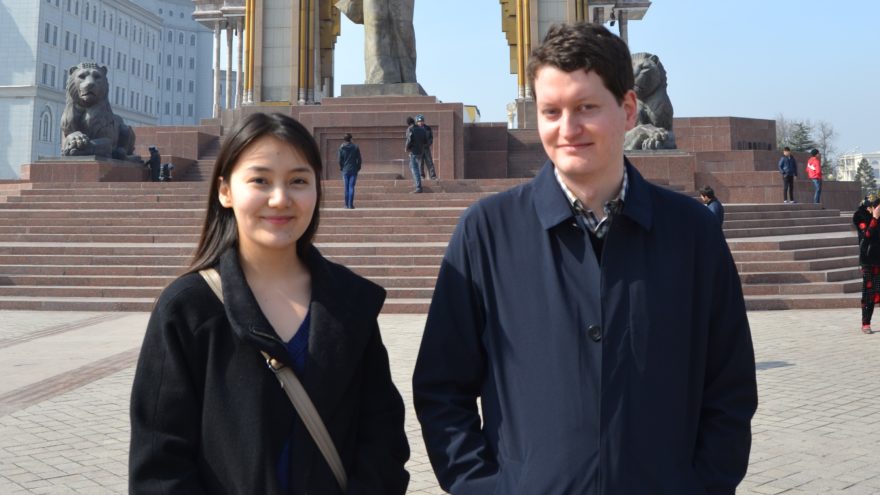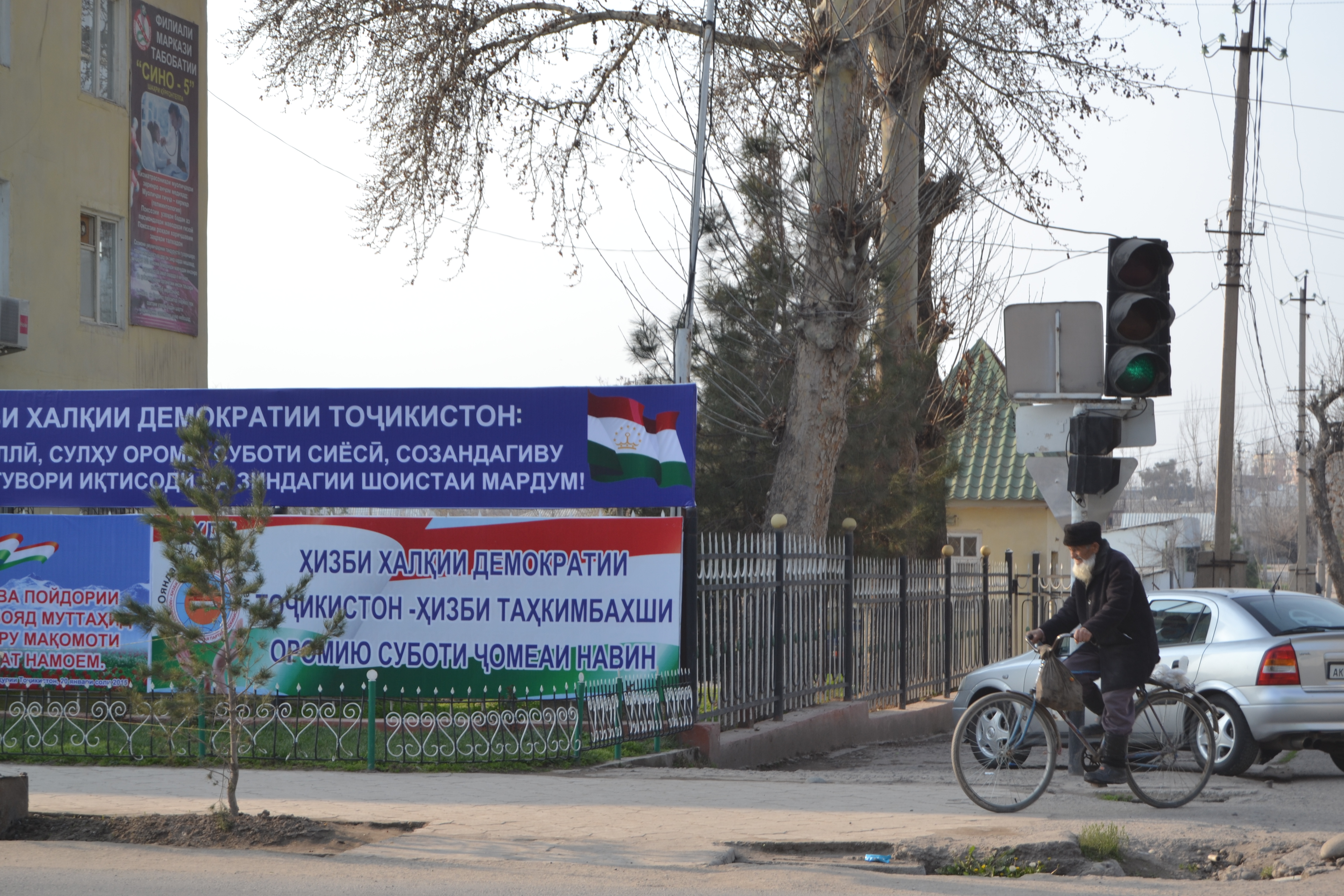With 54 out of 63 seats in parliament, the ruling party has cemented the parliament’s role as merely a rubber stamp body for the president. The authorities have targeted especially the Islamic Revival Party during the last year. The state-owned propaganda machinery has attacked and discredited the party and its members, linking it to extremism and terrorism among other things. Furthermore several of the party’s candidates have been disqualified on questionable grounds and its campaigning material has been blocked.
As expected, the ruling People’s Democratic Party kept its absolute majority in parliament, with 65.2 % of the popular vote in an election with a 87.5 % voter turnout according to official sources. The run-up to the elections was characterized by a restrictive atmosphere and effective suppression of opposition groups, democratic voices and independent media. -With 65.2 % of the popular vote and 54 out of 63 seats in parliament, the ruling party has cemented the parliament’s role as merely a rubber stamp body for the president, said Marius Fossum, the new Norwegian Helsinki Committee Regional Representative in Central Asia.
The only genuine surprise with the results was the unseating of the opposition. The intra-Tajik peace accords of 1997 guarantees the opposition 30 percent of senior government posts, but the opposition’s quota of seats in parliament has since steadily decreased until the opposition was finally ousted from the parliament this week. Up until the 1 March election the Islamic Revival Party and the Communist Party, both considered to be opposition parties, each held two seats in parliament. The Islamic Revival Party was only able to obtain 1.5 % of the popular vote which marked a steep decline from its 8.2 % in the 2010 elections, whereas the Communist Party went down from 7.01 % to 2.3 %, according to official figures. The regime-loyal Agrarian Party, Party of Economic Reforms and the Socialist Party respectively won three, two and one seats.

The authorities have strenuously targeted especially the Islamic Revival Party during the last year, the Norwegian Helsinki Committee knows from various sources. The state-owned propaganda machinery has attacked and discredited the party and its members, linking it to extremism and terrorism among other things. Furthermore several of the party’s candidates have been disqualified on questionable grounds and its campaigning material has been blocked. Mosques have also been used to attack the party reaching a large portion of the religious electorate – imams have warned against the party during Friday prayers in mosques around the country. The government’s aggressive campaign against the Islamic Revival Party is in line with the authorities’ observed oppression of religious groups in general. The Islamic Revival Party is considered the most viable opposition party in Tajikistan with its reported 40.000 members and estimated wide support throughout the country. The party is known for its moderate profile and seeks to appeal to voters beyond its religious base through a focus on issues regarding labor migration, corruption and civil rights, in addition to religious questions. Party chairman Muhiddin Kabiri, who has no Islamic education, is known as a Western-minded and pragmatic politician. The party nominated seven women candidates to the 2015 elections.
Apart from massive pro-ruling party propaganda and suppression of independent and opposition voices, the electoral legislation continued to be a serious concern. – The law on parliamentary elections was amended in 2014. However, the Tajik government again failed to use this opportunity to provide provisions for domestic election observation, said Lene Wetteland, senior advisor at the Norwegian Helsinki Committee. – Local civil society represents a formidable resource regarding election awareness, but instead of utilizing this potential the government exerted pressure on civil society groups prior to and during elections, she said.
A common theme with elections in Central Asia is the government-fused notion that stability is dependent upon a strong ruling elite. Rhetoric focusing on the destabilizing potential of opposition forces is underscored by the memory of the 90’s civil war in Tajikistan and the current conflict in Ukraine. – There are however few reasons to believe that ousting the opposition from parliament will promote stability in Tajikistan, said Marius Fossum. – This can encourage parts of the opposition to go underground, and contribute to alienation and radicalization of groups and individuals, thus furthering the potential for conflict, he said.
On Election Day there were few signs of the reported 87.5 % voter turnout around polling stations in central Dushanbe. – Official figures around 80 and 90 percent are rarely signs of a genuinely democratic process, and the latest parliamentary elections in Tajikistan are unfortunately no exception in this regard, remarked Lene Wetteland.
